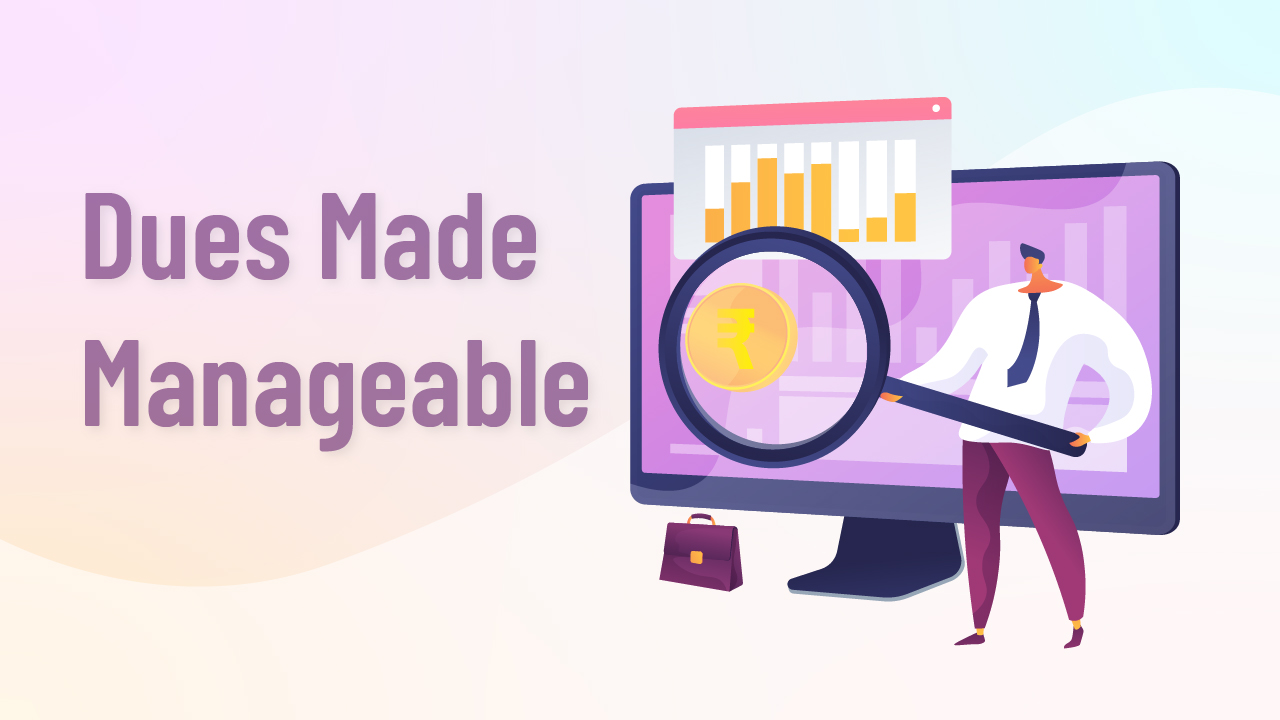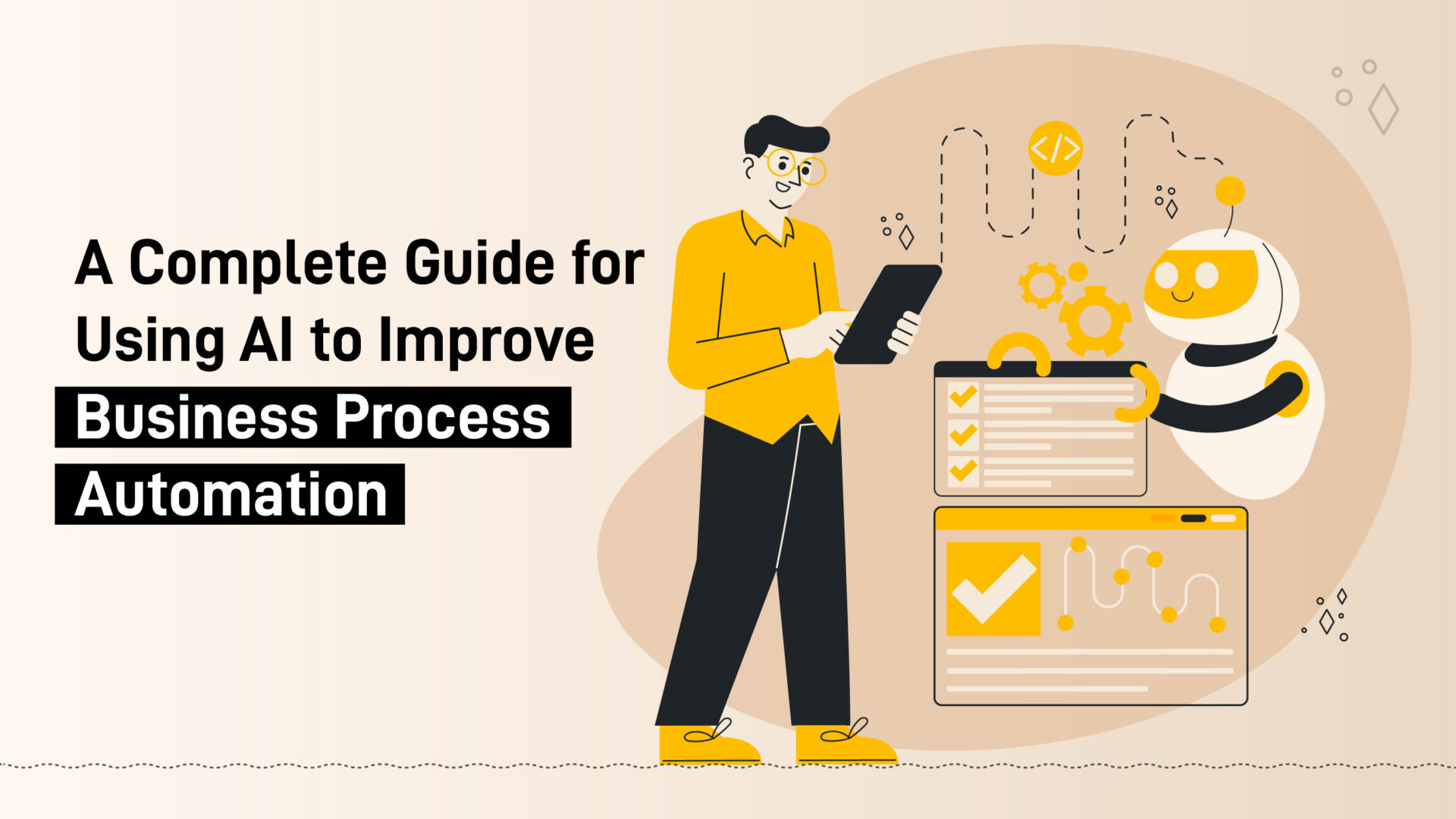Business Process Automation (BPA) has emerged as a promising technique to optimize operations and automate regular procedures as organizations strive for enhanced efficiency and cost savings. Artificial intelligence (AI) and machine learning (ML) technology improvements have allowed BPA to advance to handle more demanding jobs requiring cognitive skills. In this blog, we’ll examine how AI technologies can improve conventional BPA, enabling businesses to take on more challenging projects and reach higher operational efficiency and effectiveness.
Natural Language Processing: A New Era for Text Data Processing
Processing and understanding unstructured text data are one of the main benefits of incorporating AI into BPA. Machines can comprehend, interpret, and produce human language thanks to a process known as natural language processing (NLP). Businesses can automate processes involving processing massive volumes of textual information, such as processing emails from customer support, social media posts, or legal documents, by utilizing NLP.
For example, AI-powered chatbots can efficiently and accurately respond to customer inquiries, enhancing customer satisfaction while reducing the workload for human agents. Additionally, NLP can be utilized for sentiment analysis, enabling businesses to gauge customer sentiment and pinpoint areas for improvement.
Machine Learning and Data Analytics: Empowering Data-Driven Decisions
AI’s ability to analyze vast amounts of data and identify patterns enables businesses to make informed decisions and optimize processes based on data-driven insights. Machine learning algorithms can be incorporated into BPA solutions to provide valuable predictions and recommendations, allowing businesses to address issues proactively and seize opportunities.
For instance, machine learning can be applied to demand forecasting, assisting businesses in anticipating customer demand fluctuations and adjusting inventory accordingly. Other applications include fraud detection, customer churn prediction, and personalized marketing campaigns.
Computer Vision: Revolutionizing Image and Video Analysis
Incorporating computer vision technology into BPA allows organizations to automate image or video analysis tasks. Computer vision enables machines to interpret and understand visual information from the environment, creating new possibilities for automation across various industries.
In manufacturing, computer vision can be employed for quality control, identifying product defects, and minimizing the need for manual inspections. Facial recognition systems can streamline access control and enhance safety measures in the security sector. Additionally, computer vision can facilitate document scanning and data extraction, improving the efficiency of data processing tasks.
Intelligent Routing and Workflows: Streamlining Resource Allocation
AI can be essential in optimizing workflows and routing, ensuring tasks are assigned to the most appropriate resources. By analyzing historical data, monitoring real-time performance, and predicting future outcomes, AI can improve overall efficiency and reduce bottlenecks in business processes.
Robotic Process Automation with AI: Addressing Complex Tasks
Merging Robotic Process Automation (RPA) with AI capabilities allows businesses to automate tasks beyond simple rule-based processes. AI-powered RPA bots can handle exceptions, analyze unstructured data, and make context-based decisions, enabling organizations to address more complex tasks and enhance the effectiveness of their automation initiatives.
Process Mining and Optimization: Fine-Tuning BPA Strategies
Process mining tools can assist businesses in visualizing their processes, identifying deviations from the ideal process flow, and implementing improvements to achieve desired outcomes. AI can be employed to analyze process data and identify inefficiencies, bottlenecks, or areas for improvement. By leveraging these insights, organizations can fine-tune their BPA strategies and optimize processes for better performance.
AI for Compliance and Risk Management: Proactive Risk Mitigation
AI can play a vital role in monitoring processes and transactions to ensure compliance with regulations and company policies. By detecting potential risks, such as fraud or data breaches, AI can enable proactive risk mitigation measures and reduce the likelihood of costly incidents. AI can also help maintain audit trails and automate reporting, simplifying demonstrating compliance and minimizing potential legal or financial repercussions.
Preparing for AI-Enhanced BPA: Essential Considerations
Effectively implementing AI-enhanced BPA requires a strategic approach and a clear understanding of the processes to be automated and the desired outcomes. Here are some essential considerations for businesses looking to adopt AI-enhanced BPA:
- Establish clear objectives: Determine the specific goals you want to achieve with AI-enhanced BPA, such as cost reduction, improved efficiency, or better decision-making.
- Examine existing processes: Conduct a comprehensive analysis of your current processes to identify areas where AI can bring the most significant benefits and determine which tasks suit automation.
- Invest in suitable technology and tools: Select AI and BPA tools that align with your business objectives and integrate seamlessly with your existing systems.
- Develop necessary skills: Ensure your team possesses the required expertise in AI, ML, and BPA to implement, maintain, and optimize your AI-enhanced BPA initiatives.
- Plan for change management: Effective change management is critical to successfully adopting AI-enhanced BPA. Communicate the benefits to employees, provide adequate training, and address any concerns or resistance to change.
Business process automation with AI enhancements has the power to revolutionize how companies run because it provides previously unheard-of levels of efficacy, efficiency, and efficiency. Organizations may automate more complicated tasks and make better-informed decisions by combining AI technologies with conventional BPA, which leads to enhanced business outcomes.
Understanding the potential of AI and its applications in the context of BPA is essential if you’re a company leader looking to integrate BPA into your operations. You can unlock the full potential of AI-enhanced BPA and propel your firm toward success in a more cutthroat business environment by adopting a strategic strategy and making the appropriate investments in technology, tools, and talent.



